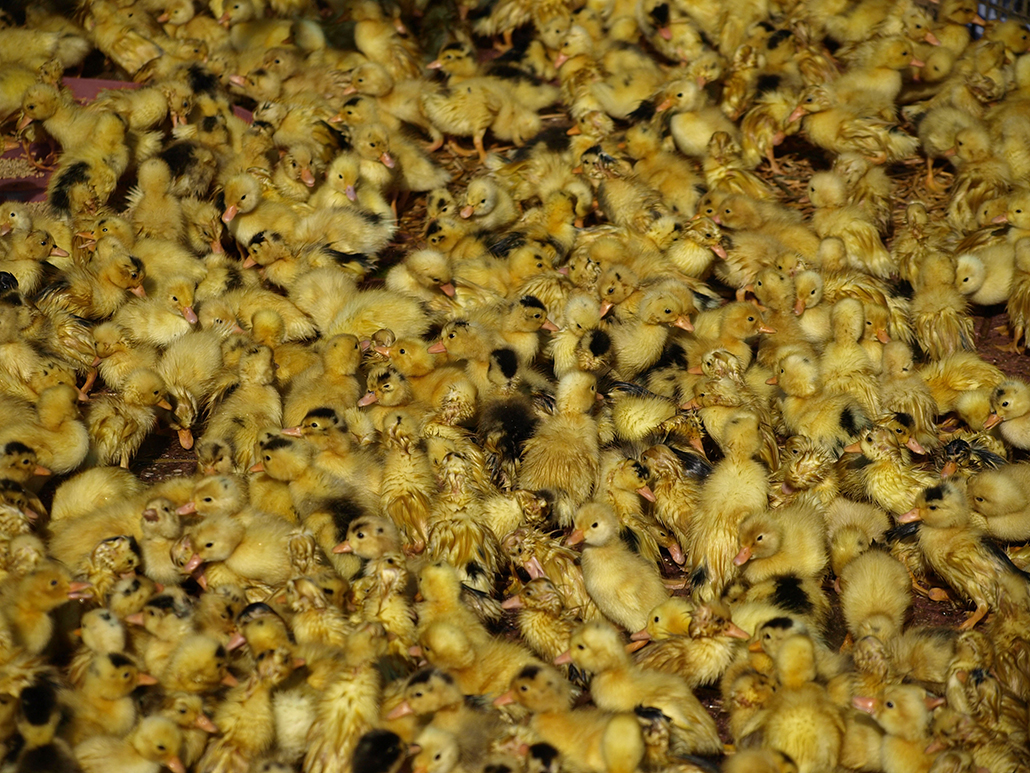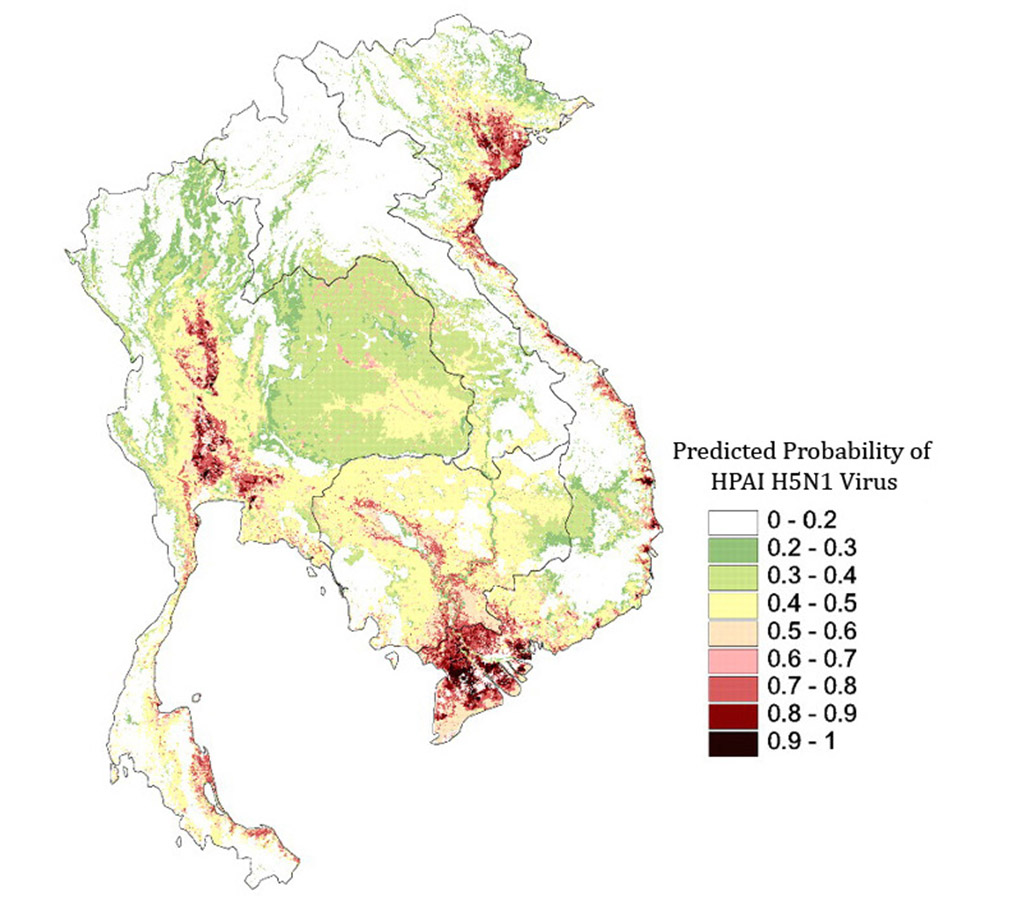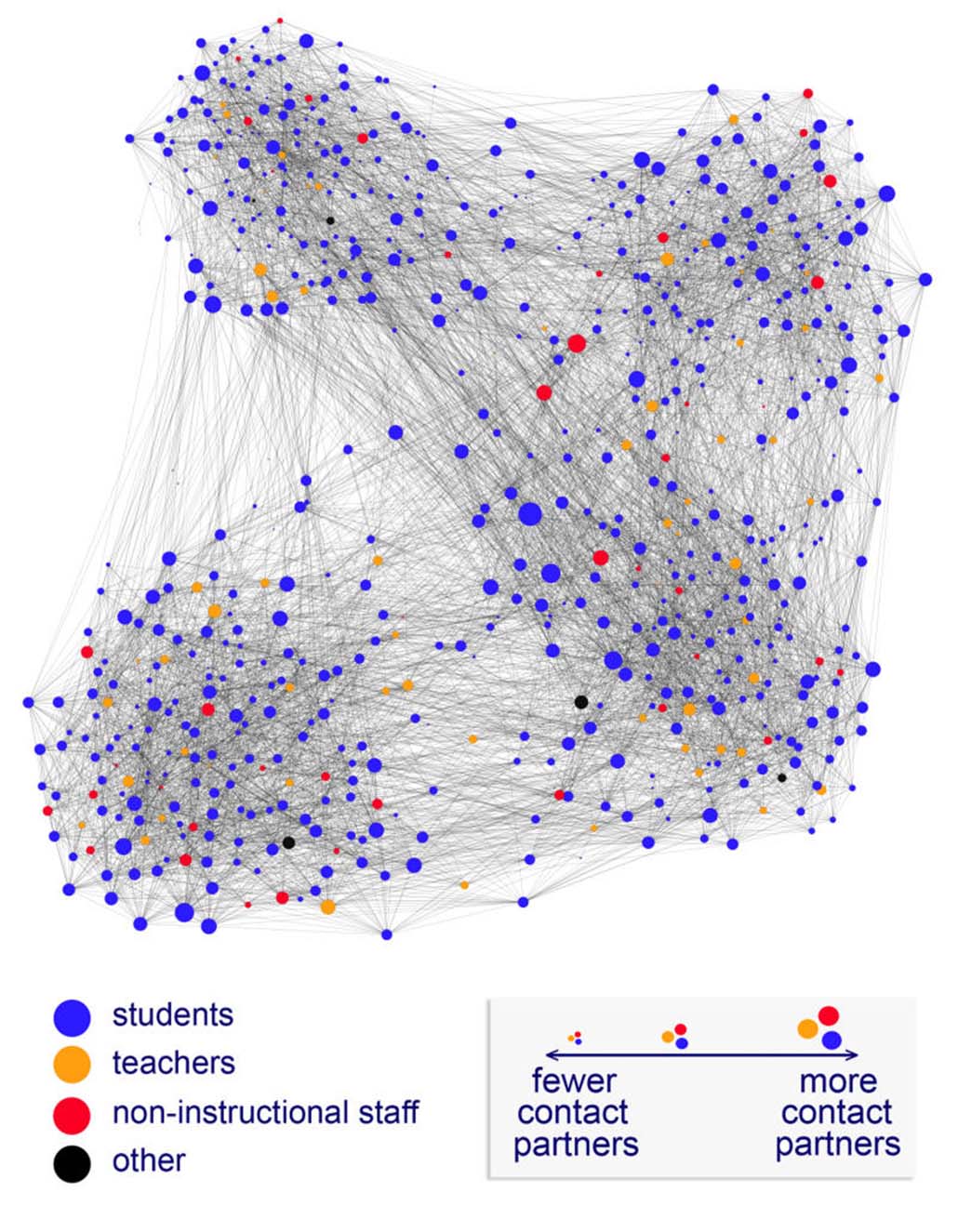HPAI Control Measures in the Greater Mekong Sub-Region
Place: GMS • Dates: 2007 • Partner: FAO
Project Summary
This project evaluated the importance of microeconomic analysis and localized design and implementation of policies to reduce HPAI risk such that it is most likely to achieve stakeholder acceptance, and therefore successful control. Despite the global momentum for rapid and intensive measures to control poultry stocks and restructure management practices, in the HPAI epicentre countries these policies must address the economic and institutional realities of poor rural majority populations. To reconcile such macro and micro perspectives effectively is a much greater challenge than simply allocating international resources to national governments.
To promote a more comprehensive analysis of this situation, four salient insights need to be borne in mind:
- Policies toward HPAI in epicentre countries necessarily implicate the rural poor majority. These people need to be recognized as part of the solution to reducing disease risk, not the problem. We can neither ignore nor exempt such a large group from risk reduction strategies, but the strategies must be designed with them in mind.
- Because of diverse initial conditions and weak institutional linkage, national policies cannot be implemented effectively without close attention to local incentives. Despite international pressure to act quickly on control measures, one size will not fit all or even a significant percentage of local conditions.
- It has been seen time and time again that prescriptive eradication measures fail to achieve their direct objective and can cause many adverse indirect effects. By driving the problem ‘under ground’, disease risk actually increases and rural markets/livelihoods are more seriously disrupted.
- Well designed monitoring and traceability systems could improve the terms of market access for the rural poor, making many of them better off as a result of HPAI policies. Risk reduction strategies must incorporate extension and marketing services that transfer standards and technology upstream, product quality and diversity downstream, increasing value-added for small holders.
HPAI presents an unusual opportunity for international cooperation because millions of poor rural households can contribute significantly to the global commons of pandemic disease prevention. Their participation in this effort must be better understood and indeed rewarded if success is to be achieved.
Most Recent Entries

Low Carbon Biomass Conversion in the Sierra Nevada







